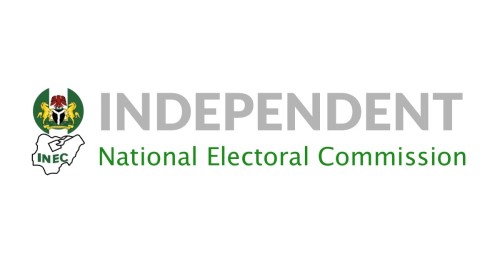On 25 February, Africa’s most populous country will elect its president and vice-president. If there are almost twenty candidates, only three seem to be in the running to replace Muhammadu Buhari, the current Nigerian president. Nigerian youth want to exercise their right to vote for the first time.
Despite the bureaucratic hurdles, ten million Nigerians have registered to vote for the first time and are seeking to collect their voter cards so that they will be eligible to vote on election day, which is being experienced as an unprecedented event. What seems to be the reason? It could be the election that breaks with the two-party system established since the end of the military dictatorship in 1999. Since then, the electoral dispute has always been between two parties, the APC (All Progressives Congress) and the PDP (People’s Democratic Party). Moreover, the APC has been the dominant party while the PDP has been the opposition party over the years. This time, there is a third candidate. It is Peter Obi, who enters the race for the Labour Party, a 61-year-old businessman with some experience as governor of Anambra, one of the 36 states of the Federal Republic of Nigeria.
It seems that in a scenario of very high cost of living, rising levels of unemployment, poverty and insecurity, Nigerian youth want to participate in defining the new ruler and are determined to have their say.
In any case, whoever assumes the presidency in the next term will face a great challenge in terms of social violence, economic crisis, a war that has been raging for more than a decade in one part of the country, separatist tendencies in another, in short, a complex panorama that, in any case, has not dampened enthusiasm for this electoral process. Quite the contrary.










